Exam Stress
Helping you manage stress in the lead up to exams
It's completely normal to feel anxious in the lead up to exams. A little bit of stress can actually be helpful to motivate us to knuckle down and work hard. However, it's important to learn how to manage our stress levels, and to recognise when they become too intense and seek support.
Check out this interview by Merton's Young Inspectors' with a clinical psychologist, on successfully managing exam and assessment stress.
Why do we feel stressed?
When learning how to manage our stress levels, it can be helpful to understand the science behind why our bodies get stressed.
Getting started with revision
Often, getting started with revising for exams is the hardest part. It's really daunting when you have so much to learn and don't know where to begin.
Rather than jumping right in, take some time before you start to organise your revision properly. This can really help to ease stress and help you focus during the revision period.

Preparation, Preparation, Preparation – check out these top tips
1

Prepare your workspace
Make sure you have a clean and tidy work space where you feel comfortable working for long periods of time, try and avoid having distractions nearby.
- Try not to be distracted by your mobile phone, consider switching to silent or turning it off, you can use it again in your break.
- There are apps available to temporarily block social media sites so you don’t get distracted (e.g. Self Control, Cold Turkey).
2

Work out your preferred revision style
Revision isn't the same for everyone, working out what works for you early on will make your learning more effective. Revision doesn't have to be solo but some people find that helps.
- Do you focus better on your own, in a quiet space or with other people in a study group?
- Can you learn the topic with visual (textbooks, videos), audio (recordings) or kinetic (actions eg: writing down) techniques?
3

Plan out your revision
Some people find it helpful to timetable their revision. Make a list of all your exam dates and what you need to learn for each subject.
Maybe try using a weekly planner like this one to help organise your workload. This will help avoid any dilemmas at the start of the day about what to work on.
Organise your revision into small chunks
Psychologists recommend revising little and often of about 35-40 minutes at a time.
Don't set yourself unrealistic goals
Nobody can revise 10 topics in a day! Avoid setting the day up to be a disappointment.
Take regular breaks
Don't chain yourself to your desk and spend your break doing something completely different. Do some exercise – nothing de-stresses the mind faster than physical activity!
4

Look after yourself
In the lead up to exams it's important more than ever to make sure you are eating, sleeping and relaxing well. Give yourself time to rest, socialise and get some exercise.
This will help keep stress levels down and allow you to be more productive when you are revising.
- Keep yourself well hydrated and energised by drinking enough water and eating balanced meals, that include slow releasing complex carbs. See Food as fuel.
- Don't load up on stimulants such as caffeine, alcohol and drugs.
- Aim to get around 8 hours of sleep a night. Improve your quality of sleep by winding down with a bath, podcast, music or book (for pleasure rather than work) and avoid electronic screens before bed.
Honor's tips on maintaining positive mental health
Honor, a young person speaking on Young Minds.org.uk gave her take on maintaining positive mental health and wellbeing during exams with these simple tips.
Separate where you rest and revise
"I made the mistake of blending the places where I revised and where I rested. I started to do a lot of revision in my bedroom, but I found it hard to get away from revision when I wanted to rest or sleep – everywhere I looked there were papers and flashcards looming over me."

Avoid the guilt
"So I decided to do all of my revision in the local library or my living room instead. This helped me to escape when I walked into the private space of my bedroom, and I no longer felt guilty for not revising."
Find a balance with things you enjoy
"The most important thing for me was to use my time wisely and find a balance between revising and spending time doing the things I enjoy. Constantly revising without a break can make you feel emotionally and physically drained, so it’s crucial that you take time to step back and do something that you enjoy. Whether it's a hobby, or getting some rest, it can help you to recharge. It also lets your brain digest what you’ve just revised."
Health and Wellbeing tips
Merton Peer Educators Health and Wellbeing Tips.
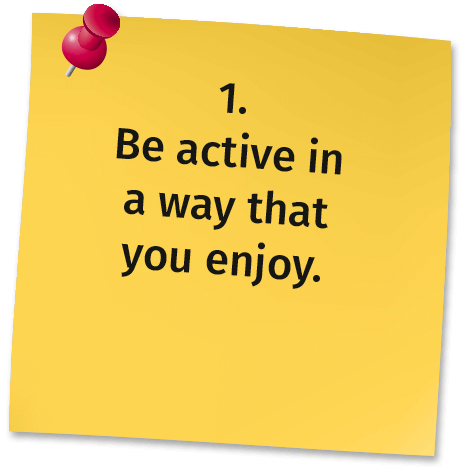
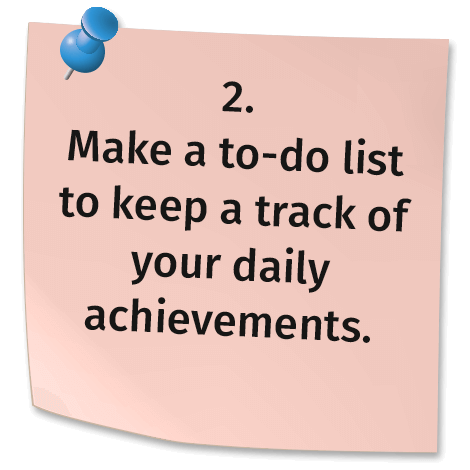


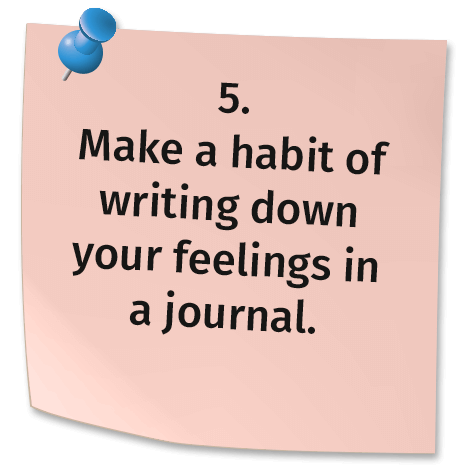
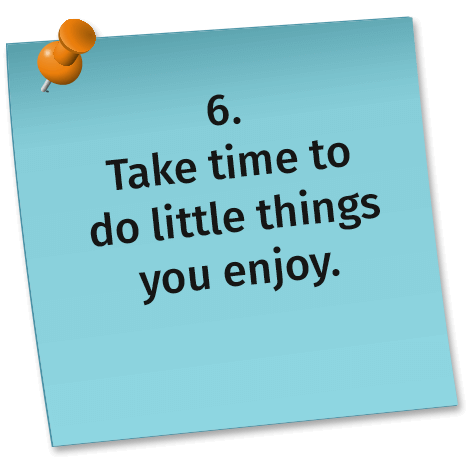

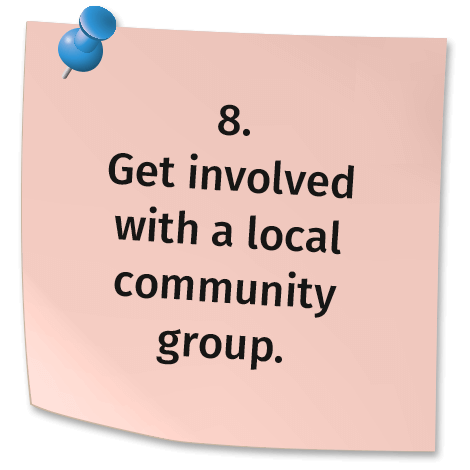

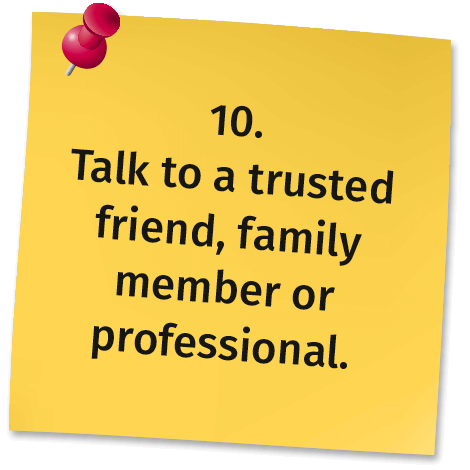
Getting exam day ready
- It can be helpful to pack what you need for the exam the night before, leaving yourself time in the morning to have breakfast and get to the exam centre with plenty of time to spare.
- It's always useful to take a spare pen, pencil and a bottle of water with you on the day.
- If you have more than one exam on the same day make sure you have lunch – your brain and body needs fuel to keep going.


Maintaining perspective during your exams
Remember, exams aren’t everything. Whilst it can be challenging to believe this when you’re in the middle of your exams, how you perform in an exam does not define you – they are a small part of who you are.
- Try to avoid comparing yourself to your friends both during revision and after you've taken your exams.
- Don't be put off by your friends saying they do huge amounts of revision a day, in reality that's probably not true, or isn't actually working for them.
- Once you've completed an exam try to forget about it and do something else, there isn't any point worrying about something you cannot change.
Results day
You might be anxious waiting for exam results, or you didn't get the grades you hoped for.
Try to celebrate what you achieved anyway, and avoid comparing yourself with others too much – you got through a difficult and pressured time.
There are always other education opportunities and routes you can take. If you feel worried and stressed talk to someone you trust, venting helps!
Find useful tips below from Dr Sheila Redfern on how to manage stress when waiting to hear from exam results or applications for college, university or for a job.
Asking for help
If you feel like your stress is getting overwhelming, it is important to seek help. You might want to start by speaking to family or friends about how you feel – it helps to vent, and they might be able to suggest some practical ways to help. See our page Talking to Someone for guidance to help you do this.
Or if it continues to feel too much, speak to one of the agencies listed here for support and help
You can find local support for your mental health and wellbeing here








